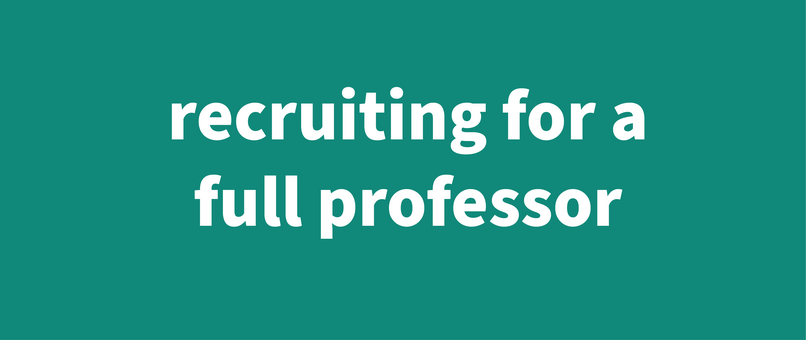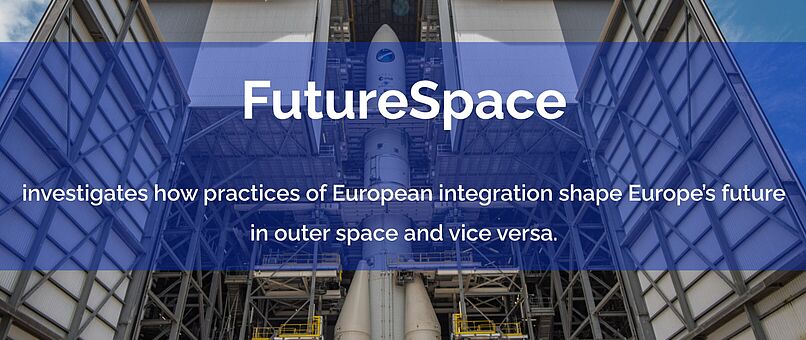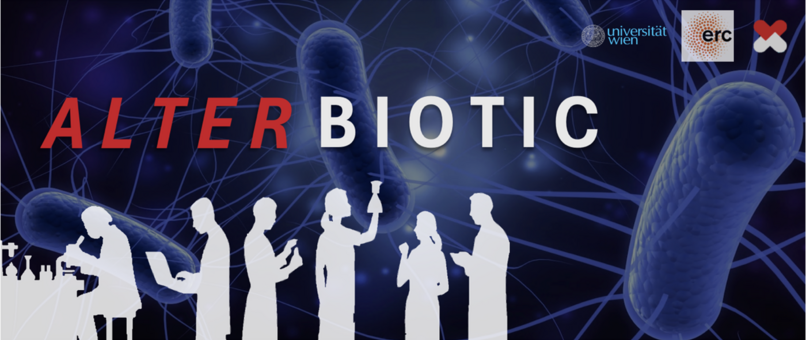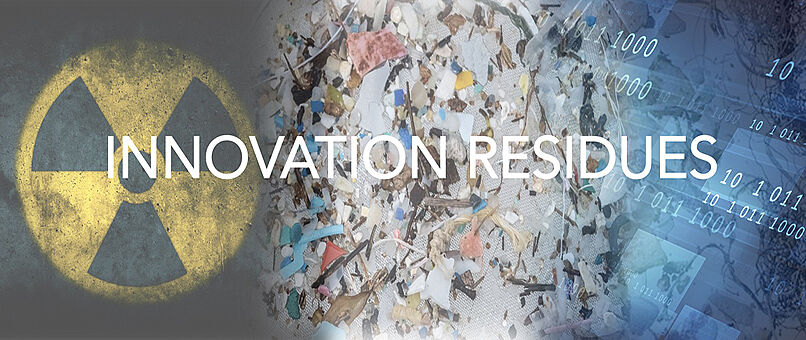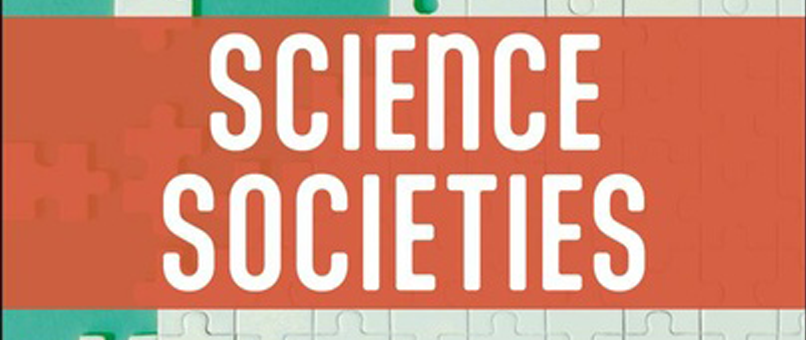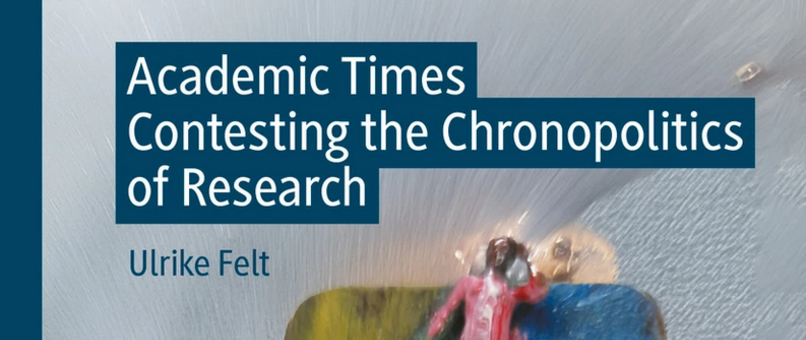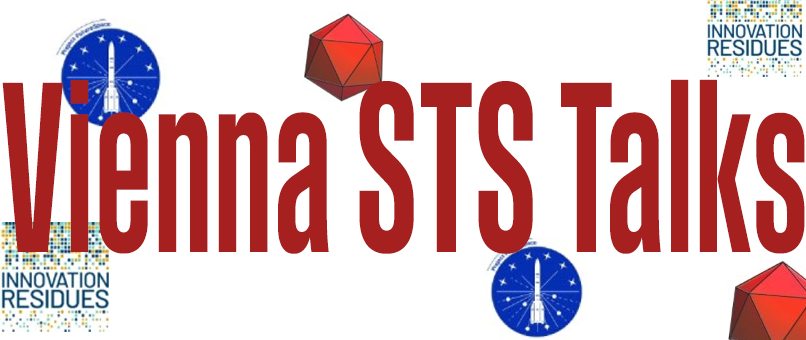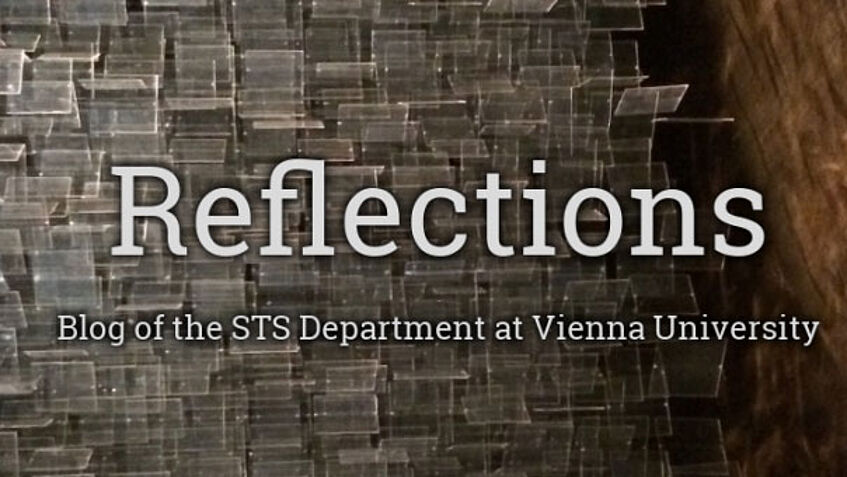Institut für Wissenschafts- und Technikforschung
Wissenschaft, Technologie und Innovation formen zahllose Aspekte des Lebens in modernen Gesellschaften. Manche Veränderungen werden als positiv erlebt, andere sind hoch kontroversiell. Zugleich beeinflussen Politik, Medien, Firmen und andere gesellschaftliche Akteure, wie Wissen und Technologie erzeugt werden. Die Wissenschafts- und Technikforschung analysiert diese Beziehungen und fördert kritische und reflexive Debatten zu den Beziehungen von Wissenschaft, Technologie und Gesellschaft.

